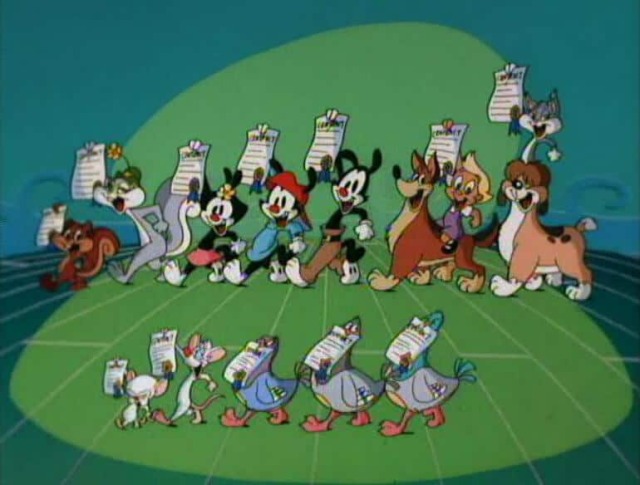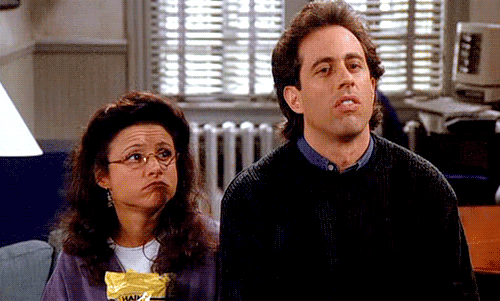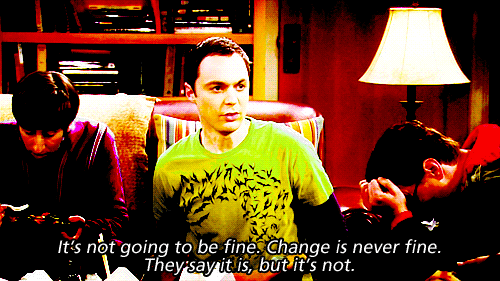For those who weren’t paying attention, Hasbro (owners of Dungeons & Dragons) looked at D&D as a franchise whole and decided that it was under-monetized. This is understandable - the IP is one of the most popular and well-known in the world. D&D is essentially synonymous with tabletop gaming (or even gaming in general); people all over the world have heard of it even if they’ve never played it. There have been enormous multi-million dollar franchises that have spun out from D&D like Critical Role. Hasbro saw all of that success, ostensibly built in no small part on their own contributions to the space, and asked themselves “Why aren’t we getting more from this thing we built?” Obviously the creators, marketers, influencers, etc. who built their stuff on top of D&D have a huge part in all of this, but Hasbro doesn’t get anything from them (including the huge franchises).

All of this was built on the original OGL - the Open Gaming License - which granted users the rights to use the basic rules of D&D along with descriptions of basic spells, monster stat blocks, equipment, tables for those rules, etc. without needing to pay Hasbro anything. Hasbro decided to try to get their piece of this market by changing the license, including royalties for companies earning more than $750,000 USD per year from the licensed material. The language of the new license, however, heavily favored Hasbro legally, such as applying retroactively, allowing Hasbro to change the terms at will, granting Hasbro a permanent license to use anything created with the new OGL, and so on. There has been, and likely will be, a lot of legal arguments over those details. I am not a lawyer so I will defer to those with legally trained minds.
 ALT
ALTMy general thoughts on this are from the perspective of a designer who’s worked on a game that’s been live for a long time. I don’t think that it’s unreasonable for the creators and publishers of the game to want royalties from companies making millions each year from their work. However, I think that Hasbro took a very bad approach to this. If this had been their approach to the OGL from the beginning, it would not have made any waves whatsoever. There wouldn’t have been anything to compare it against, so players would have simply accepted it.
 ALT
ALTWhen something in a game has already been live for a long time, any kind of changes will inherently have a negative value for the players by default - they’re used to the old way, so any changes make the new way annoying to have to learn. Making changes needs to be a value add for the players - they need to see why the new changes are good for them. This is generally where I think Hasbro’s approach has fallen short - the new license is better for Hasbro, but it’s not better for anyone else. If they had wanted the players to be better about it, they should have done more to make it better for the D&D players and content creators - maybe more permissible licensing to allow use of official settings/characters/monsters/etc. or a co-publishing structure to assist content creators create their own official content and get it published. If Hasbro doesn’t offer something of value for the users to consider in exchange for the proposed changes, it’s obvious that the users would disapprove.
[Join us on Discord] and/or [Support us on Patreon]
Got a burning question you want answered?
- Short questions: Ask a Game Dev on Twitter
- Long questions: Ask a Game Dev on Tumblr
- Frequent Questions: The FAQ